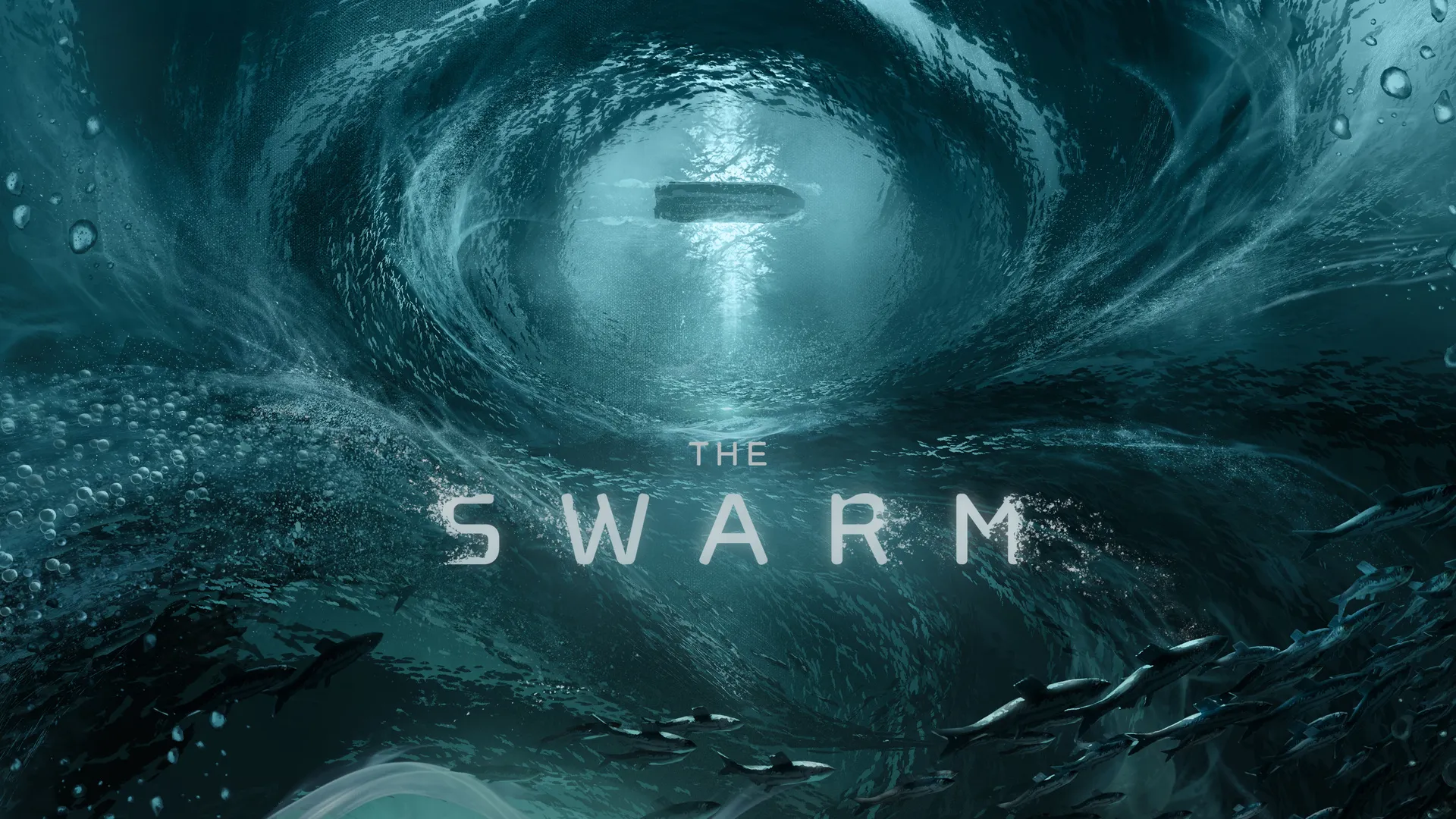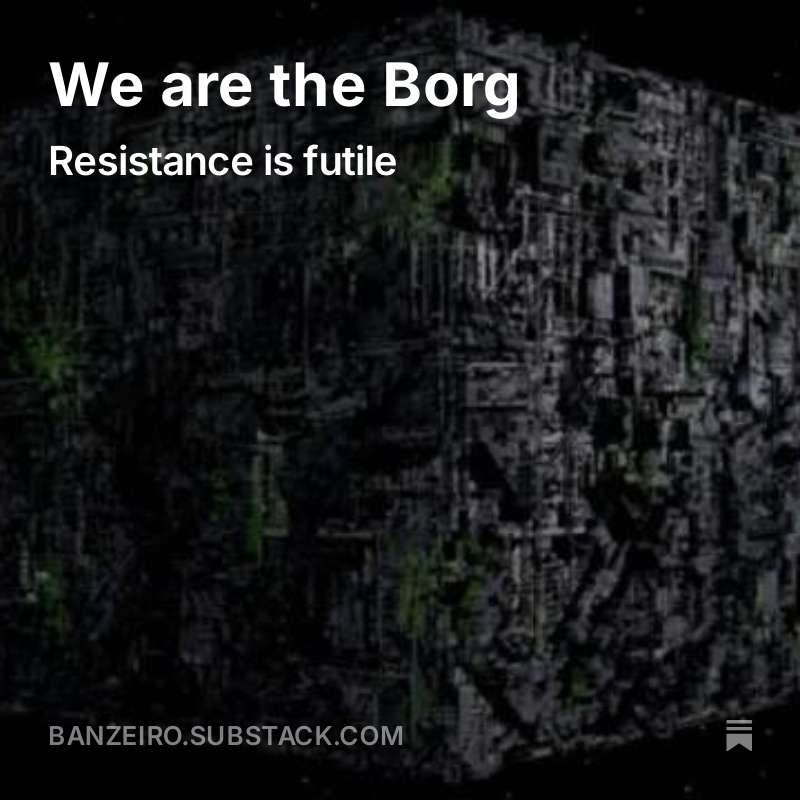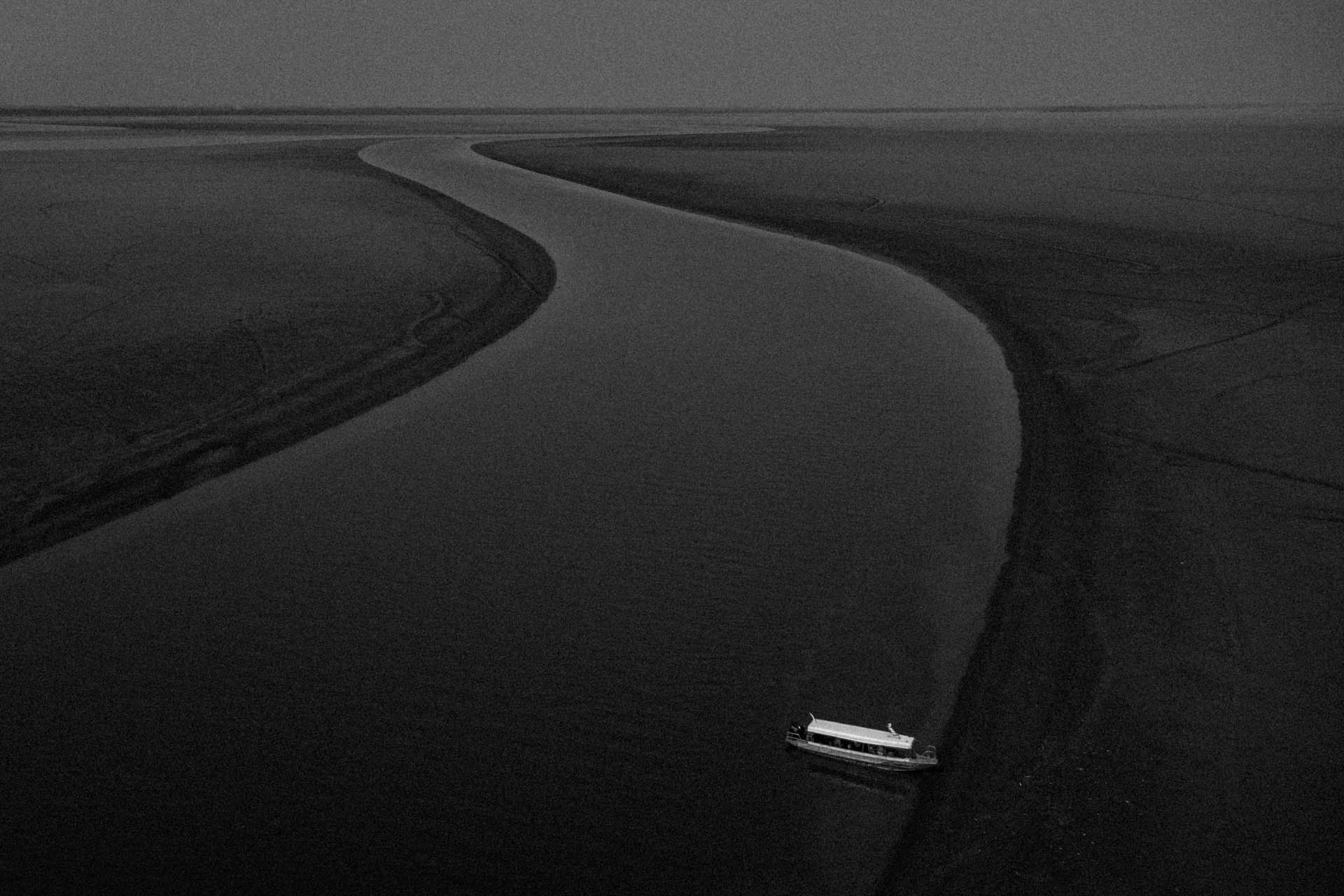“We are the Borg. Lower your shields and surrender your ships. We will add your biological and technological distinctiveness to our own. Your culture will adapt to service us. Resistance is futile.”
![]()
The Borg are a fictional alien species from the science fiction series Star Trek, famous for their terrifying statement “Resistance is futile”. They consist of a collective (swarm) of cyborg beings who assimilate other life forms and technologies to create a perfect collective existence. The idea that resistance is futile is at the core of their philosophy, highlighting themes such as the struggle between individuality and collectivism.
Rise of Borg Collectivism: The Loss of Individuality Under Technological Pressure
In our society, we are increasingly exhibiting characteristics of Borg collectivism. This concept is being shaped by technology companies, influential people who support them, and authoritarian politicians. The “foot soldiers” in this story are the people who, in exchange for giving up their individuality and privacy, become part of an all-encompassing and controlling digital network. Even nature is not exempt from this compulsion to assimilate; for many, it is only valuable when it serves the collective. Nature must adapt, for better or for worse. The question is how long it will tolerate this situation before it strikes back.

“The Swarm” is a novel by German author Frank Schätzing. Published in 2004, this eco-thriller is set in the world’s oceans. The story begins with a series of mysterious events in the seas, including unusual and even hostile behavior by marine animals and the extinction of certain marine species. Scientists around the world are confronted with a threat that threatens not only the oceans, but also humanity.
The book addresses issues such as environmental problems, the relationship between man and nature, and the decline of marine ecosystems. In addition, the events of the story invite a broader reflection on the ethics of scientific research, climate change, and the impact of human behavior on the Earth.
The book is particularly relevant to today’s environmental challenges. It served as the inspiration for the 2023 science fiction television series “The Swarm”, produced by Germany’s ZDF and directed by Barbara Eder, Luke Watson, and Philipp Stölzl. The series follows the battle against a mysterious deep-sea intelligence that responds to human-caused environmental damage with attacks by orcas (!) and even humpback whales.






